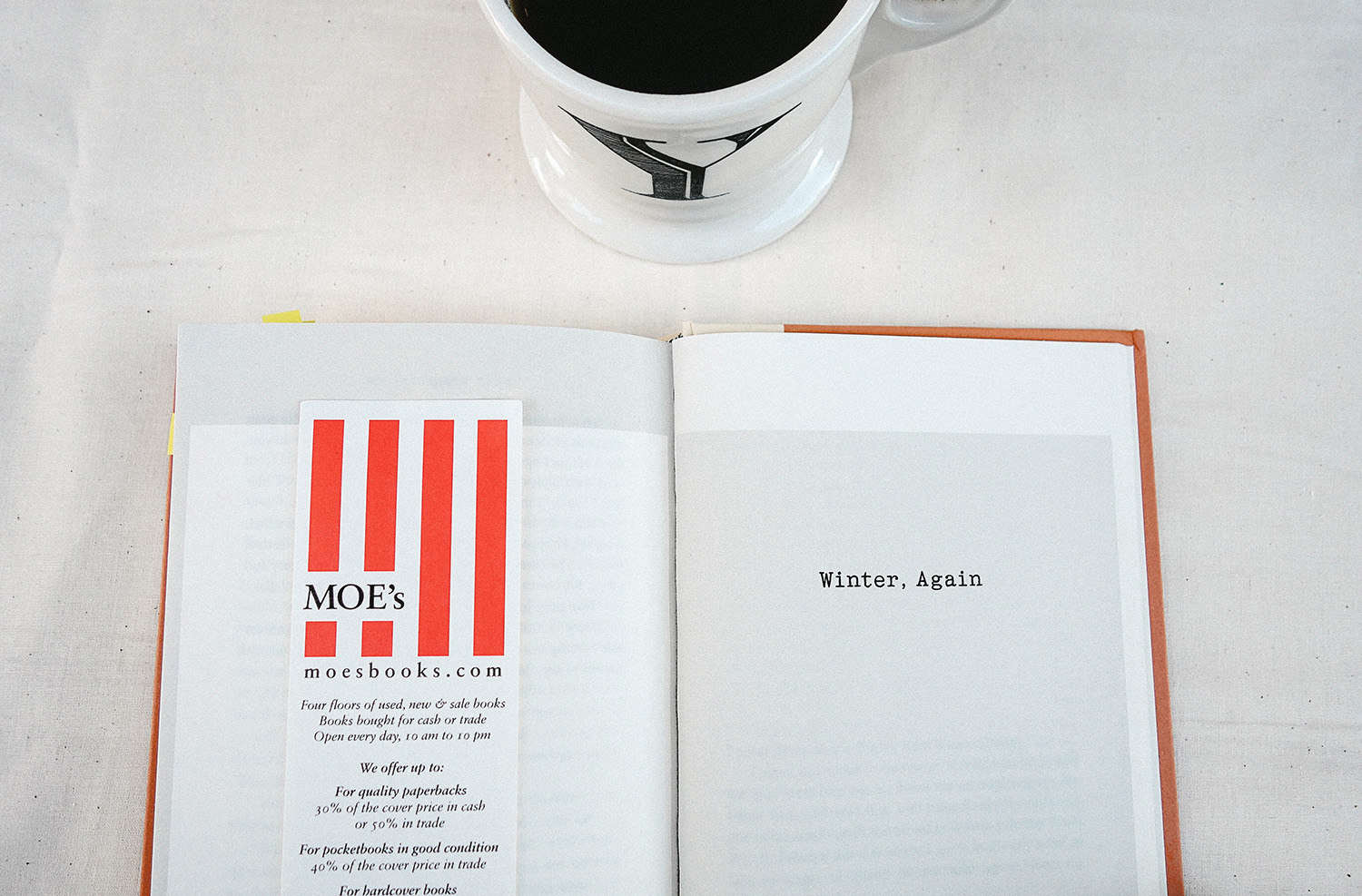
When Rakoff begins working at the Agency, the real-life Harold Ober Associates, she enters a small world casually populated with massive literary icons. Just like Rakoff, I feel nervous and unabashedly curious in the presence of Judy Blume, Joan Didion and John Gregory Dunne, and of course, Salinger. The peeks into even the most basic interactions between Rakoff and Salinger are somehow revealing. Here, Salinger calls the Agency and references an earlier phone conversation with Rakoff, in which she tells him that she writes poetry:
“Jerry. This is Joanne.
“Joanne. They have you answering phones?”
“Pam had to leave early.”
“All right. Don’t get stuck answering phones. You’ll never get out. You’re a poet.”
There is Rakoff’s boss, Phyllis Westberg, the unwaveringly loyal agent to Salinger. We learn that upon Salinger’s request, Westberg once went as far as to burn all record of their correspondence, never weighing her responsibility to Salinger against her responsibility to say, literary history. I like to imagine that she tucked away a few letters for herself. There is also the naive Roger Lathbury of Orchises Press, the one-man publishing house in Alexandria, Virginia. He has the enviable honor and the hellish responsibility to publish Salinger’s Hapworth 16, 1924, and learning how he and the Agency deal with this monumental task is hilarious.
Joanna Rakoff writes about very personal relationships and events, yet their accompanying feelings and lessons are very relatable. There is a chapter near the end of the book called “Three Days of Rain,” in which Rakoff writes of her binge reading all of Salinger for the very first time. How she describes that act of completely devoting herself to reading is raw and memorable and will make you want to do the same. She ends that weekend of rain with this thought, as will I:
“Salinger was brutal. Brutal and funny and precise. I loved him. I loved it all.”


your posts are so great and visually inspiring!
Thank you, Chris! Happy reading.